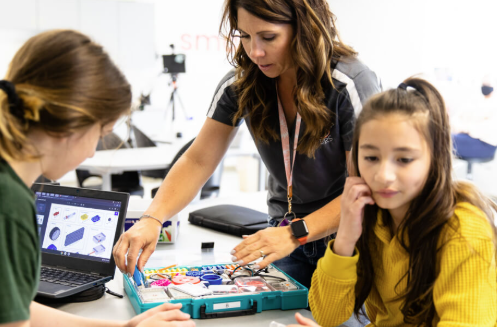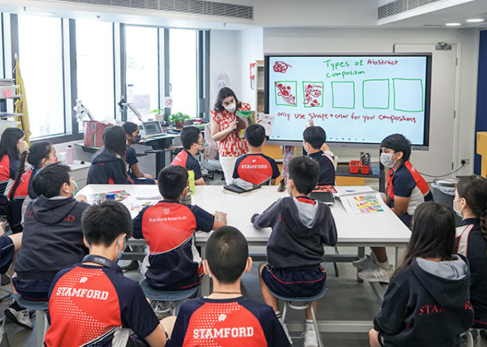Introduction
In a rapidly changing world, students need more than traditional academic knowledge to succeed. They must develop a set of 21st century skills—such as critical thinking, collaboration, creativity, and digital literacy—that prepare them for future challenges. Personalized learning is an effective approach for nurturing these essential skills by adapting instruction to meet the needs and aspirations of individual learners.
1. Promoting Critical Thinking and Problem Solving
Personalized learning encourages students to explore topics deeply, ask questions, and make connections. Through inquiry-based projects and independent research, learners are challenged to think critically and solve real-world problems, skills that are vital in both higher education and the workplace.
2. Encouraging Collaboration and Communication
While personalized learning often involves individualized pathways, it also emphasizes collaboration. Group projects, peer feedback, and digital discussion forums teach students how to express ideas clearly, listen actively, and work with others toward shared goals—core competencies in any 21st century career.
3. Fostering Creativity and Innovation
By giving students voice and choice in how they demonstrate understanding, personalized learning supports creative expression. Learners can choose formats such as multimedia presentations, storytelling, or hands-on creations, all of which inspire innovation and confidence in their abilities.
4. Strengthening Digital Literacy
Technology is a key component of personalized learning. Students use digital tools to research, create, communicate, and manage their learning. These experiences build essential digital literacy skills that help them navigate information responsibly and use technology effectively.
5. Building Self-Direction and Responsibility
Personalized learning places students at the center of their education, encouraging them to set goals, track progress, and reflect on outcomes. This process fosters independence, accountability, and a strong sense of ownership—traits necessary for lifelong learning and adaptability.
6. Connecting Learning to Real-World Contexts
21st century skills thrive in learning environments that reflect the complexities of the world. Personalized learning allows students to explore topics that matter to them and apply their knowledge in authentic ways, such as community projects or career exploration activities.
Conclusion
Personalized learning is a powerful pathway to developing 21st century skills. By aligning education with each student’s unique needs and strengths, this approach cultivates the creativity, collaboration, and critical thinking essential for success in a global, connected world. When schools embrace personalized learning, they equip students not just for academic achievement, but for meaningful and adaptable futures.














